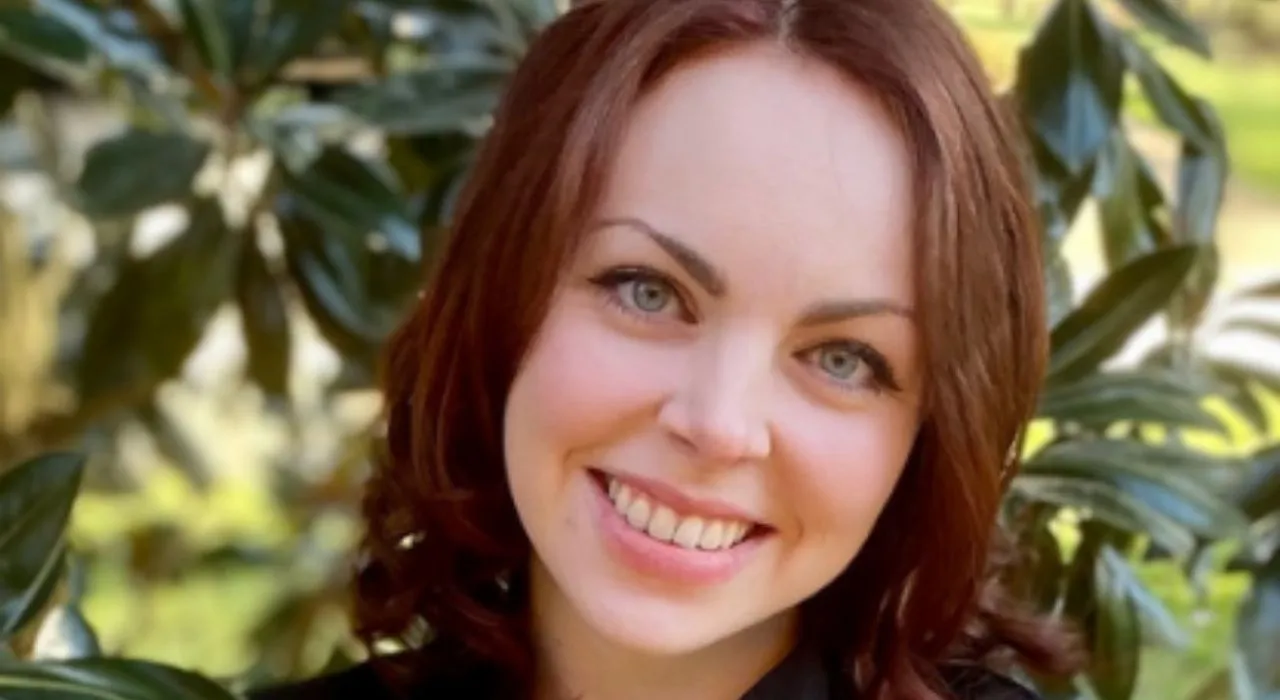Copied
Amy's Story: A Mother's Journey to Better Health
Explore Amy's experience with ulcerative colitis, highlighting her path from misdiagnosis to empowerment. Understand the impact on her family and her journey to wellness.

The IBD community
Misdiagnosis and Pregnancy
In April 2021, Amy and her partner were planning on getting pregnant with their second child when she started to develop symptoms. After going to a drop-in clinic to get checked out, she was misdiagnosed with IBS and hemorrhoids and given the all-clear to get pregnant.
About a month later, she was pregnant. Everyone was attributing her GI symptoms to her pregnancy, until July 2021 when she had her first appointment with her midwife and was finally taken seriously. After running a bunch of labs, her calprotectin came back elevated and her midwife got her into GI. In August 2021, Amy was correctly diagnosed with ulcerative colitis.
Being a Mom with IBD
As a stay-at-home mom to two kids, UC has had a massive impact on Amy. When she's flaring, it's a struggle for her to just roll over in bed. For her, it's exhausting and hard to find the strength to nourish herself, much less the rest of her family. And when it's not flaring, she constantly worries about when it will return. At the sign of any GI distress, Amy panics about what might've caused it. She's constantly worrying about whether her kids might develop it, checking every diaper for something amiss.
All of that doesn't mean the diagnosis has been nothing but negatives. IBD has given Amy the push to focus more on herself and improving the aspects she was choosing to ignore. "It's taught me so much about advocating for myself and others, particularly in a healthcare/insurance setting," she stressed.
Struggeling to Find Help and the Right Nutritional Therapy
IBD-AID was the first nutritional therapy that Amy used. She says that she was told that if she found the right medicine, she could eat whatever she wanted. She asked every medical professional she worked with about diet, and the best she got was one doctor who told her that some people say the Mediterranean Diet had been most helpful.
She's worked with two dietitians over the past few years. The first didn't know anything about IBD but was available and did her best to learn. The second one worked for the GI office and was trained in IBD. Both she has found to be somewhat helpful, her current dietitian giving good advice. But she kept waiting for the "magic pill" that would fix her like everyone had kept telling her.
Amy personally believes, however, that nutritional therapy has enabled her to stay on her current medication regimen and got her into remission. It has given her a new sense of control over her disease, saying that "even with the challenges, it is worth it to feel good and have control over it."
Take it One Day at a Time
Today, Amy takes it one day at a time. She finds that thinking that she's never going to eat XYZ again gets depressing, but thinking that she won't eat it TODAY becomes more manageable. It can be difficult because it limits what she can eat, making it difficult to feed a family of picky eaters. Amy still doesn't like going out to eat because she almost always has to pack her own food or eat before going and then watch others enjoy food she wishes she could eat.
Through a long grapevine of Facebook groups, Amy found Nutritional Therapy for IBD, using our resources to find peer-reviewed and scientifically-based dietary and medical advice for IBD.
For providers of patients with IBD, she urges them to consider nutritional therapy with an open mind. In her experience, they can be really helpful with medicine, and sometimes they can have good diet suggestions, but it's much less of a focus for them. Amy wants to change that.
To other patients with IBD, Amy wants to stress that diet does matter, despite how hard it can be to accept that and make necessary dietary changes. It's also important, she adds, to learn to advocate for yourself, do your own research, and to not be afraid to push back against doctors and insurance because "no one cares about your life more than you do".




Support our Mission
Your donation will help us to enhance the well-being and health outcomes of patients with IBD.
Donate
